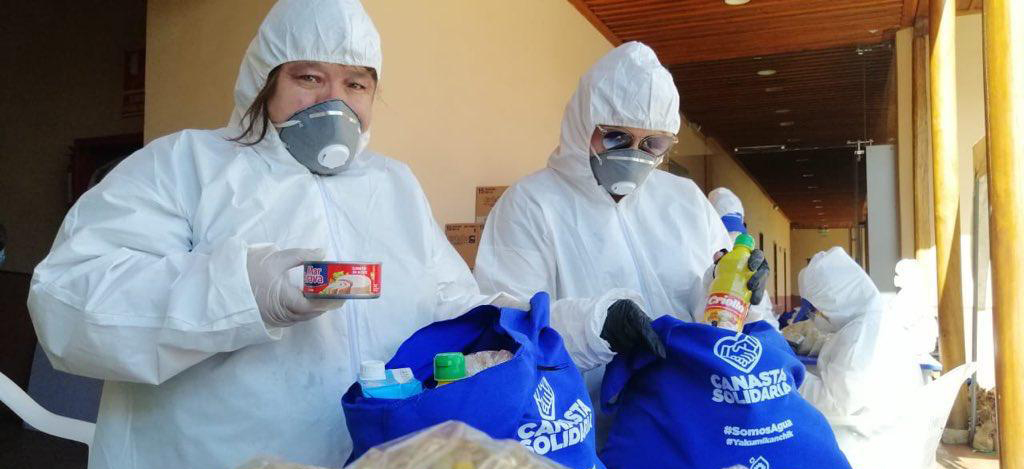The networks on guard

From the earliest moments, the national associations of regions have played a key role in disseminating reliable information about coronavirus and about how to tackle it. When the confinement was decreed in several countries, the regional networks have endorsed the hashtag #StayHome.
All networks have served as a transmission belt for WHO recommendations, protocols and courses to confront the pandemic. From the beginning, the Kenyan Council of Governors has campaigned on the need for handwashing, maintaining social distances and has distributed protocols on isolation facilities and room capacities.
Some Networks, such as the National Assembly of Regional Governors of Peru and CONGOPE of Ecuador, have shared experiences from the European regions that had suffered and faced from the crisis earlier. In this task of dissemination, the Colombian National Federation of Departments has created an information channel on the internet and has done pedagogy, explaining notably when it is possible to leave the house or what to do while in confinement.
This crisis challenges the institutional coordination between the different administrative levels. In Italy, the second cluster after China, where the outbreak spread, the Conferenza delle Regioni e delle Province autonome advocated for the collaboration between the government and the regions. In this country, the regions administer the health system, thus the Conferenza negotiated and obtained an important increase of the health budget.
Various associations have been pressing national governments into taking decisions, by indicating urgent needs and suggesting measures. On March 16, the President of ANGR, Servando García, called for the Government of Peru to declare the national quarantine and close the borders. On March 20, in a letter addressed to the President of the Republic, ANCORE and the Counsellors of Chile asked the national government to implement the same measures. ANCORE also demanded that the regional budgets were eased in order to tackle the needs. ANCORE also called for flexibility in regional budgets to meet needs.
Meanwhile, the Association of Departments of Senegal and the Association of Regions of Morocco have participated in their respective national projects to fight the pandemic and have made budgetary contributions to the project.
The networks have played a major role in the distribution the sanitary equipment. The Council of Governors of Kenya massively distributed disinfectants. The Federation of Departments of Colombian Departments delivered to each regional secretariat of the country, hygiene, protection and disinfection supplies, consisting of facemasks, chirurgical gloves, alcohol bottles and antibacterial gel. Thus, the Federation handled the air transportation of these products to 5 Amazonian departments.
Considering that in this situation, regional governments are acting more than ever as governments of proximity, the networks have overseen and worked in order to prevent the paralysis of the food chain. To tackle the emergency, CONGOPE in Ecuador, has developed a catalogue of producer organizations for the provinces to facilitate food supply.
Finally, the networks have had to adopt new working methodologies. On March 27, for the first time in its history, the general meeting between the Peruvian governors of ANGR was not held in person, but through a virtual platform.








































































